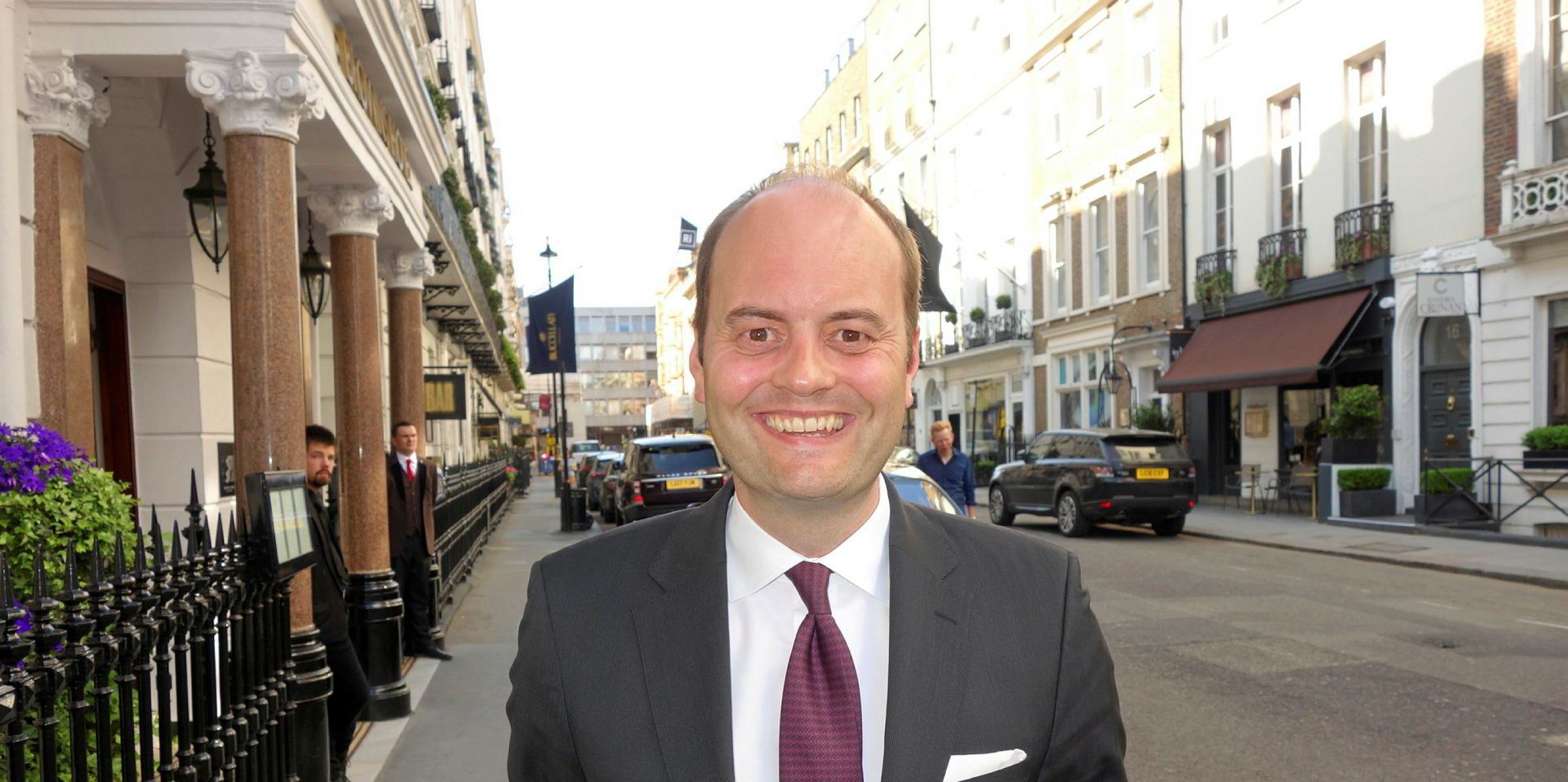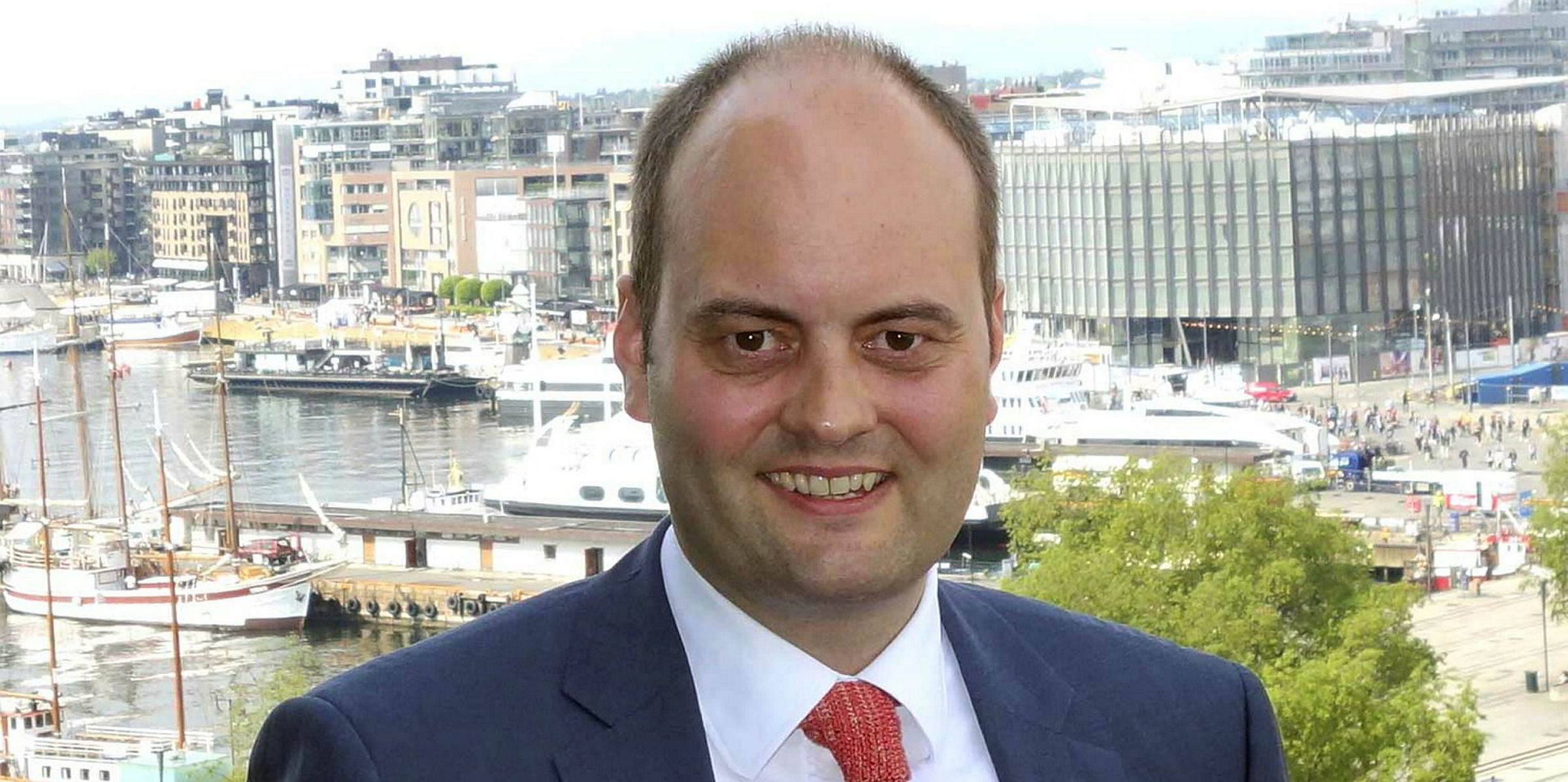Skuld’s decision to pull out of Lloyd’s of London marks the end of ill-fated attempts by two protection and indemnity mutuals to develop new business streams in the historic insurance marketplace.
The UK's Standard Club and now Norway's Skuld have waved the white flag after entering Lloyd’s with high hopes in 2011 through the Standard syndicate 1884 and Skuld syndicate 1897.
Both clubs believed the market was about to turn and that Lloyd’s could offer a platform for diversification into other non-P&I marine lines — such as hull and machinery, offshore and energy.
But their plans were ruined by continued low hull and machinery premiums, a high cost base and heavy pressure from Lloyd’s performance manager, Jon Hancock, for the syndicates to improve profits.
After leaving, the Standard Club looked at developing its Lloyd’s business as a managing general agent outside the Lloyd's market but dropped the idea.
Full steam ahead
Skuld has decided to go full steam ahead and operate through Skuld UK and Skuld Marine Agency (SMA) with underwriting backed by the corporate paper of the main Oslo P&I mutual Assuranceforeningen Skuld.
Observers believe the end was in sight for Skuld 1897 when SMA was acquired by Skuld in 2016, making a consolidation of the Lloyd’s business into a corporate entity more likely.
We were pleased with the renewal. It was challenging, but we are pleased with the new business coming in
Stale Hansen
Skuld’s approach would appear to have similarities with others developing outside Lloyd’s, including Norway’s Gard and, more recently, the American Club’s American Hellenic Hull.
Skuld chief executive Stale Hansen said the decision, announced last week, to pull out of Lloyd’s did not signify the mutual is retreating from its diversification plans. He said the idea is still to “be firm on our strategy of innovation, diversification and sustainable growth”.
Yet, while Skuld will be able to operate with lower staff and other costs outside of Lloyd’s regulatory requirements, observers believe it is unlikely to find any respite from the continued low hull and machinery rates that have dogged the market.
Cross-selling opportunities
But instead, Skuld will be looking to grow through cross-selling opportunities to serve the P&I mutual’s members with other streams of marine insurance, extending into offshore and energy.
There is also likely to continue to be a strong focus on London.
“We are in good shape and we are very optimistic we can develop a broader and more efficient service,” Hansen said in a phone interview after the merger annoucement.
Hansen was keener to talk about Skuld’s P&I business after reporting it had increased by 4% to 95 million gt at the February renewal.
“We were pleased with the renewal. It was challenging, but we are pleased with the new business coming in,” he said.
Skuld’s P&I negotiating strategy was to a forgo general increase, but instead to underwrite renewal rates based on individual members' performance.
We have basically had the same approach since 2011,” Hansen said. “We don’t have a general increase, but conduct individual assessments and give each member a fair deal
Stale Hansen
“We have basically had the same approach since 2011,” Hansen said. “We don’t have a general increase, but conduct individual assessments and give each member a fair deal.”
Claims down
Hansen said as a whole Skuld’s P&I claims are down in the 2018/2019 year compared with the previous year.
However, the International Group of Protection & Indemnity Clubs pooled claims look set to hit a recent high for 2018/2019.
This could affect results and add to pressure for a premium increase next year.
Investments are another area where P&I clubs are expected to experience a downturn.
However, despite investments dipping last year, Hansen said the returns from them are better than expected so far this year.





